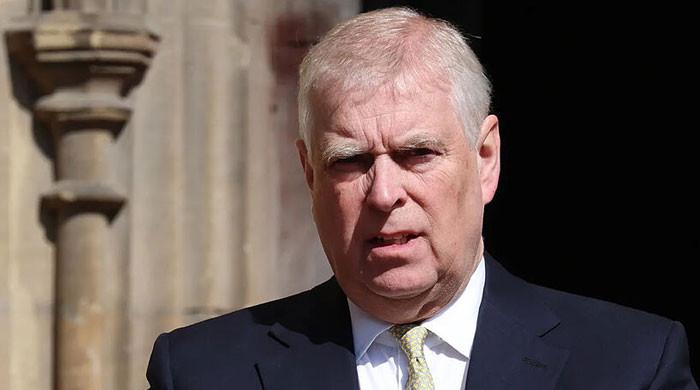Fans of the Netflix smash Nobody Wants This that want a little taste of what life is like for the stars of the show will get their chance, thanks to a partnership between the streaming giant and Airbnb.
Airbnb says that it is creating…

Fans of the Netflix smash Nobody Wants This that want a little taste of what life is like for the stars of the show will get their chance, thanks to a partnership between the streaming giant and Airbnb.
Airbnb says that it is creating…

When the U.S. National Oceanic and Atmospheric Administration’s (NOAA) weather satellite GOES-19 turns its gaze toward the sun, scientists don’t expect to see our home planet. But there it was recently — Earth, drifting briefly across the edge…


In a follow-up on the Rift Valley Fever (RVF) outbreak in Senegal, country health authorities report 277 confirmed RVF cases in six districts in the northwest of the country- Saint-Louis (240), Matam (13), Louga (12), Fatick (8), Dakar (2) and…

Other specific reforms that the government said it will take forward include changes to the system of merger review that currently operates.
The government said it will “consult in the coming weeks on proposals to provide greater certainty for businesses on whether transactions will be subject to merger control; proposals to ensure remedies are regularly reviewed; as well as changes to how the CMA [Competition and Markets Authority] makes decisions in mergers and markets investigations”. Those reforms, it added, would include “replacing the CMA’s panel model for decision-making by replicating the Digital Markets Board Committee model, for both the CMA’s mergers and markets functions”. It said the changes “will not alter the independence of CMA decision-making” from government.
Competition law expert Paul Williams of Pinsent Masons said the announcement builds on the UK government’s ‘strategic steer’ to the CMA earlier this year, emphasising the importance of economic growth and investment in the UK, and the government’s initial proposals to reduce regulation.
Williams said: “The CMA has already responded to this agenda by embedding new ‘4Ps’ principles – to improve pace, proportionality, predictability and process in its merger control functions and across its wider competition and consumer work – and has undertaken wide-ranging consultation on updating its guidance, including proposals for a more flexible approach to merger remedies. This evolving CMA approach looks to be further developed by reforms the UK government is now contemplating. Whilst the government strives for a more business-friendly regime to drive dealmaking, growth and investment, it will need to ensure the CMA’s independence and competition oversight role is safeguarded.”
The government has also invited businesses to have their say on what further regulatory reform it should pursue in future – including by highlighting specific “examples of specific rules that impose unnecessary costs or burdens” and by detailing how the way regulations are applied can “delay or prevent future business opportunities being taken up”. Businesses can provide their input via an online questionnaire up until 16 December.
Public policy expert William Hall of Pinsent Masons said: “With the government preparing for the crucial upcoming Budget, this regulatory reform package is one of many levers chancellor Rachel Reeves is pulling in an effort to boost economic growth.”
“Prime minister Sir Keir Starmer and his team have put effective delivery at the heart of their political vision for the country. They view economic growth through streamlined regulation, attracting investment and careful intentions as the key way to prove to the electorate that they have succeeded in delivering,” he added.
In relation to its AI Growth Lab plans, the government said the initiative will be modelled on existing regulatory sandboxes – such as the pioneering fintech sandbox run by the Financial Conduct Authority – but would be operate in a more dynamic fashion by providing for AI testing in response to specific innovation arising in the market.
This, it said, would “enable businesses and regulators to trial novel AI products and generate real-world evidence of their impact” in “live market environments with targeted regulatory modifications”. That testing would be undertaken with regulatory supervision and, the government said, could speed-up regulatory approvals and potentially drive “permanent” regulatory reforms.

A man who once served the UK embassy’s political section reveals all the sexual escapades Prince Andrew partook in on taxpayer…

The Tour de France 2026 route was unveiled on Thursday (23 October), with the iconic road cycling race getting underway in Barcelona.
For the first time, the Catalan capital in north-western Spain will host the ‘Grand Départ’ in a team trial…

A new approach to PET imaging offers a promising way for physicians to promptly identify patients who are at risk for poor functional recovery after a heart attack, according to new research published in The Journal of Nuclear…